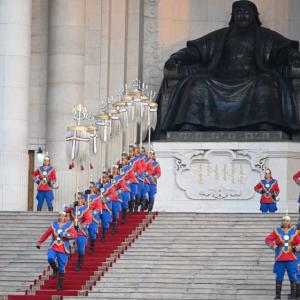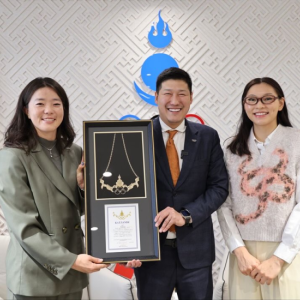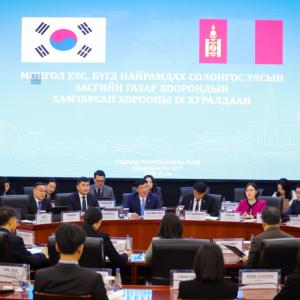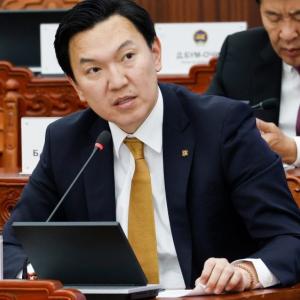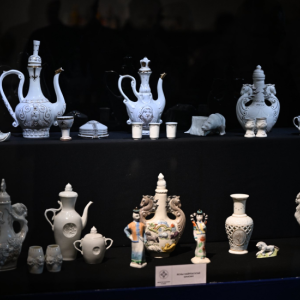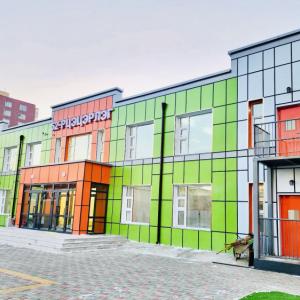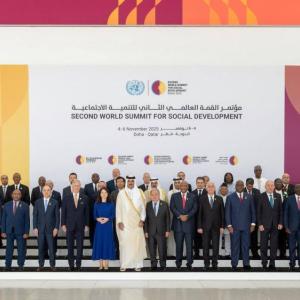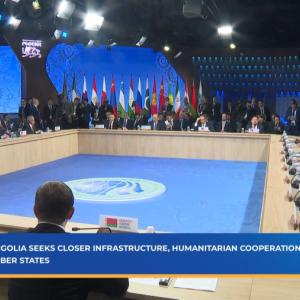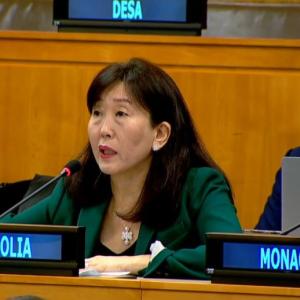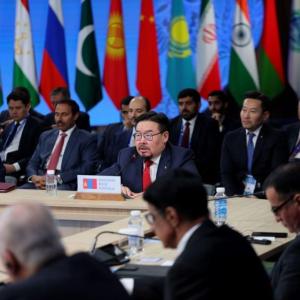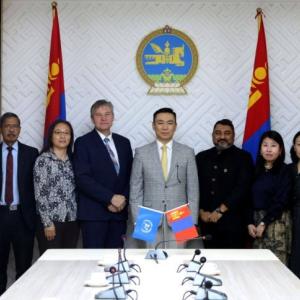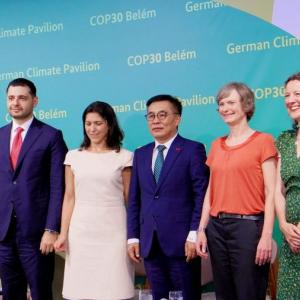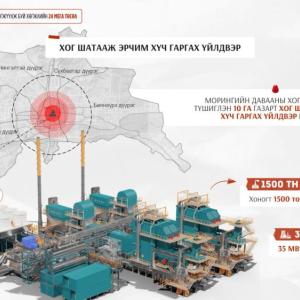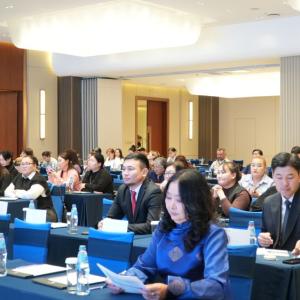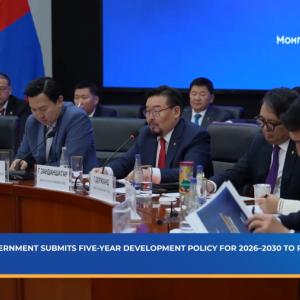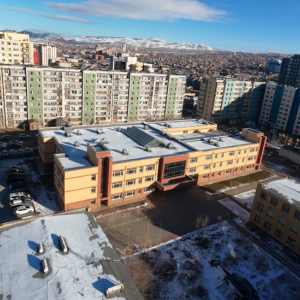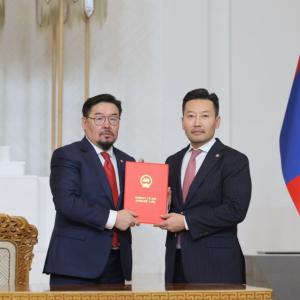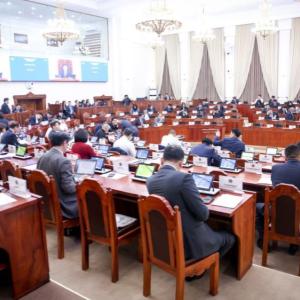World Bank recommends healthy banking system for Mongolian economy
EconomyUlaanbaatar/MONTSAME/
The latest
edition of the semiannual ‘East Asia and Pacific Economic Update, Managing
Headwinds’ was presented at World Bank Country Office in Ulaanbaatar on April
24.
Present at
the press conference, there were World Bank’s Country Manager Mr. Andrei
Mikhnev, Senior Economist for Mongolia Mr. Jean-Pascal N.Nganou, and economists
Sh.Altantsetseg and B.Davaadalai.
During the conference, WB’s
Country Manager Mr. Andrei Mikhnev and Senior Economist Mr. Jean-Pascal
N.Nganou pointed out, “Having healthy banking system is the most important to
country’s economy. Sustainability of financial sector is vital to constant
economic growth.” “During this favorable period with the positive economic
index, banking sector should not weight down the country’s economy; thus banks are
required to be sufficiently capitalized to make the sector healthy. It will be
a main leverage for further constant economic growth of Mongolia,” they said.
“Mongolia’s economy is projected to have a 7.2 percent growth in 2019. To make the state budget of previous year of the parliamentary election apart from the politics, the fiscal policy disciplines need to be continually maintained at the level of 2018. If so, WB’s optimal assumption for Mongolia can happen,” said Mr. Andrei Mikhnev.
According to the ‘East Asia and Pacific Economic Update, Managing Headwinds’, growth prospects among the smaller
economies in EAP remain favorable. Large infrastructure projects are expected
to accelerate growth for Lao PDR and Mongolia.
It
also states that growth in developing East Asia and the Pacific (EAP) is
projected to soften to 6.0 percent in 2019 and 2020, down from 6.3 percent in
2018, largely reflecting global headwinds and a continued gradual policy-guided
slowdown in China. Still, the region’s economies weathered the financial
markets volatility of 2018 relatively well largely due to effective policy
frameworks and strong fundamentals, including diversified economies, flexible
exchange rates, and solid policy buffers.
The report highlights the importance of continued structural
reforms in the medium term – to increase productivity, boost competitiveness,
create better opportunities for the private sector, and strengthen countries’
human capital. The intensification of some risks also highlights the need for
continued investments on social assistance and insurance programs to protect
the most vulnerable, the report argues. Today, developing EAP has the lowest
social assistance coverage among the poorest twenty percent of the population
than any other developing region.
 Ulaanbaatar
Ulaanbaatar






